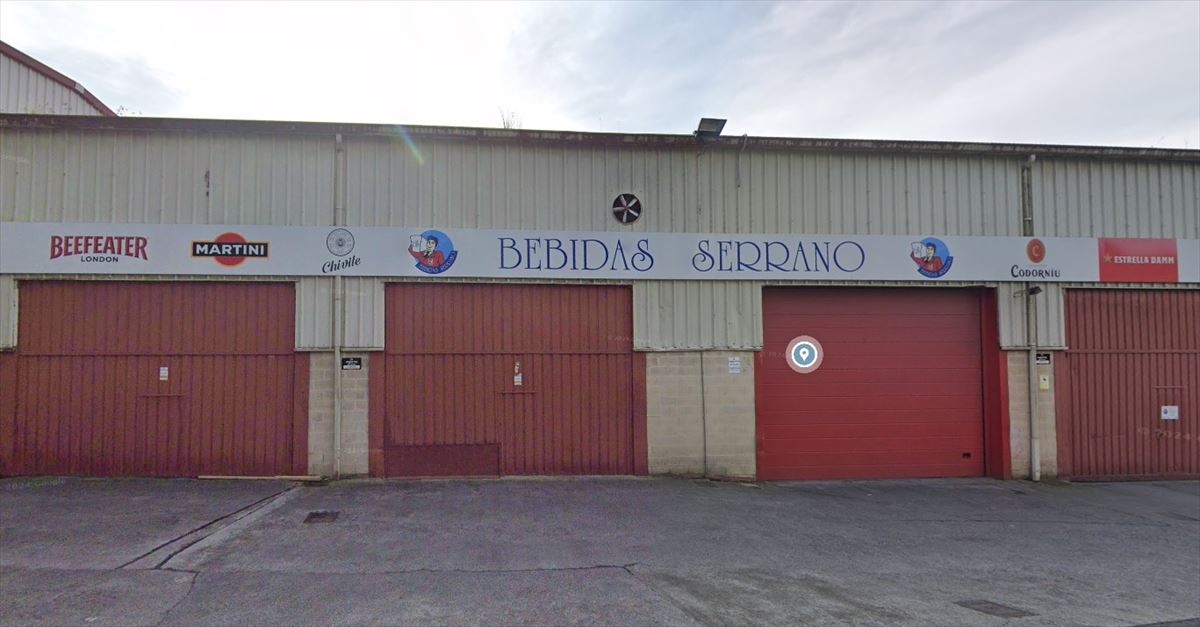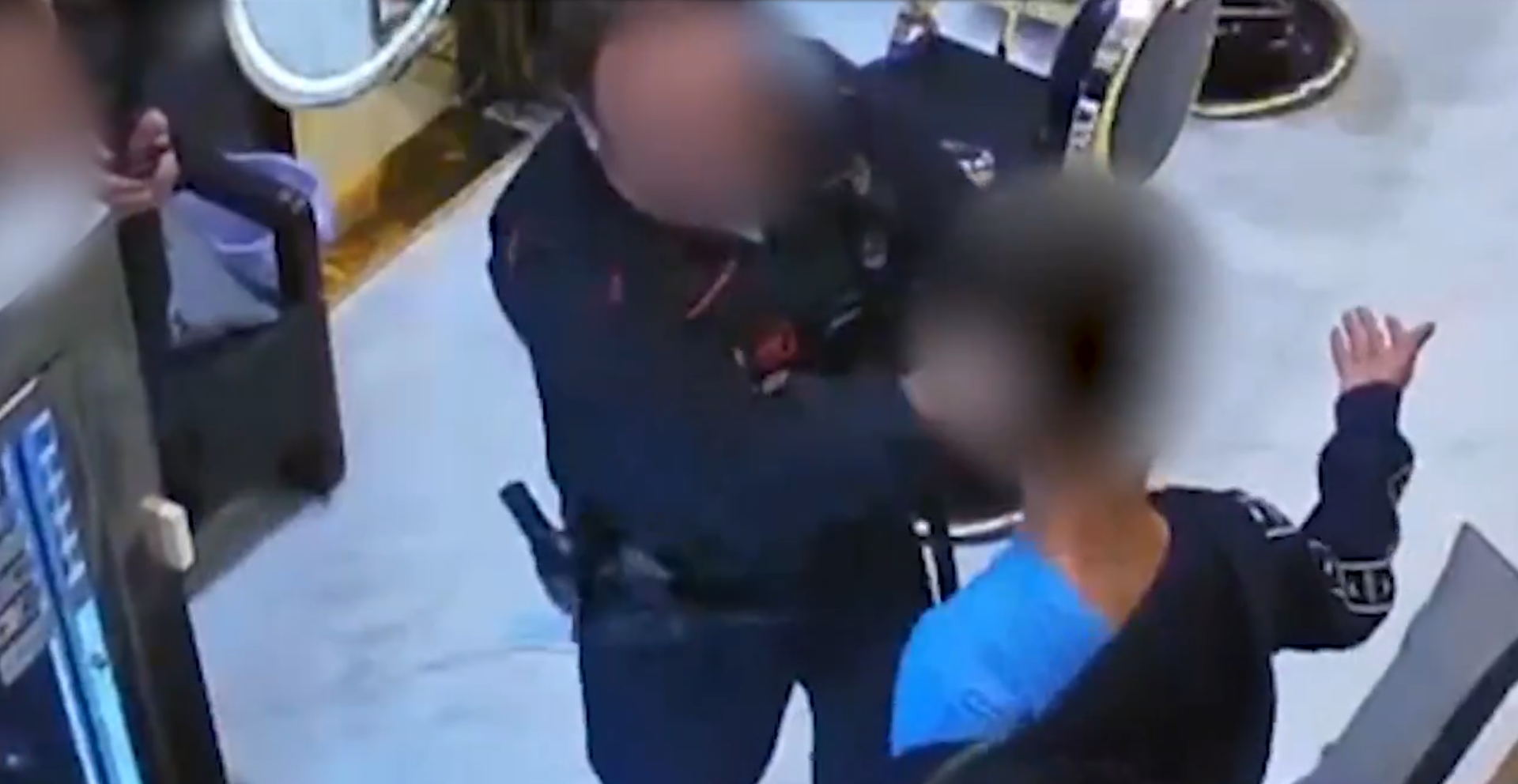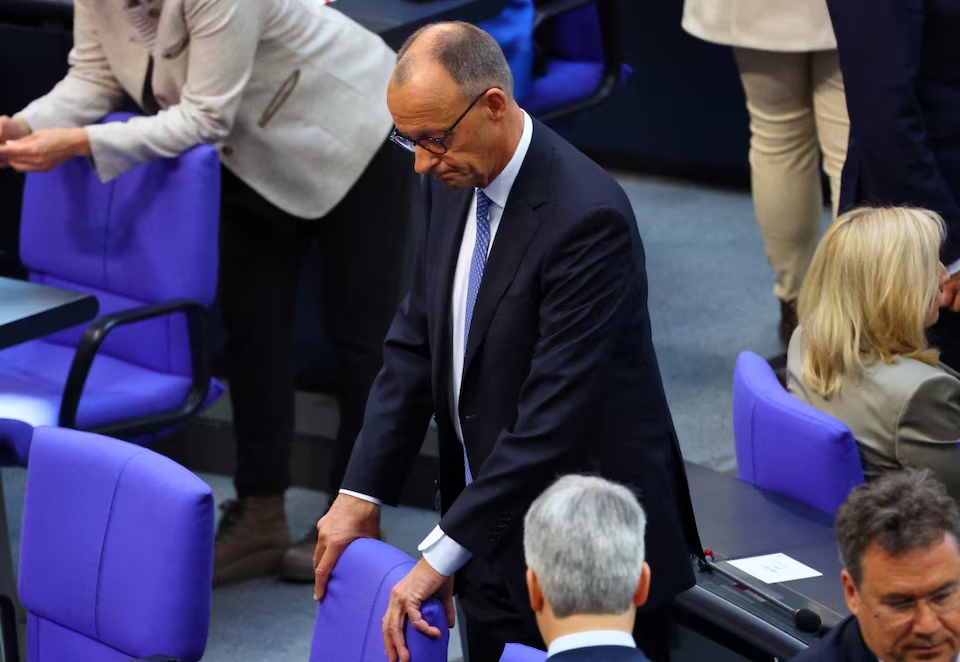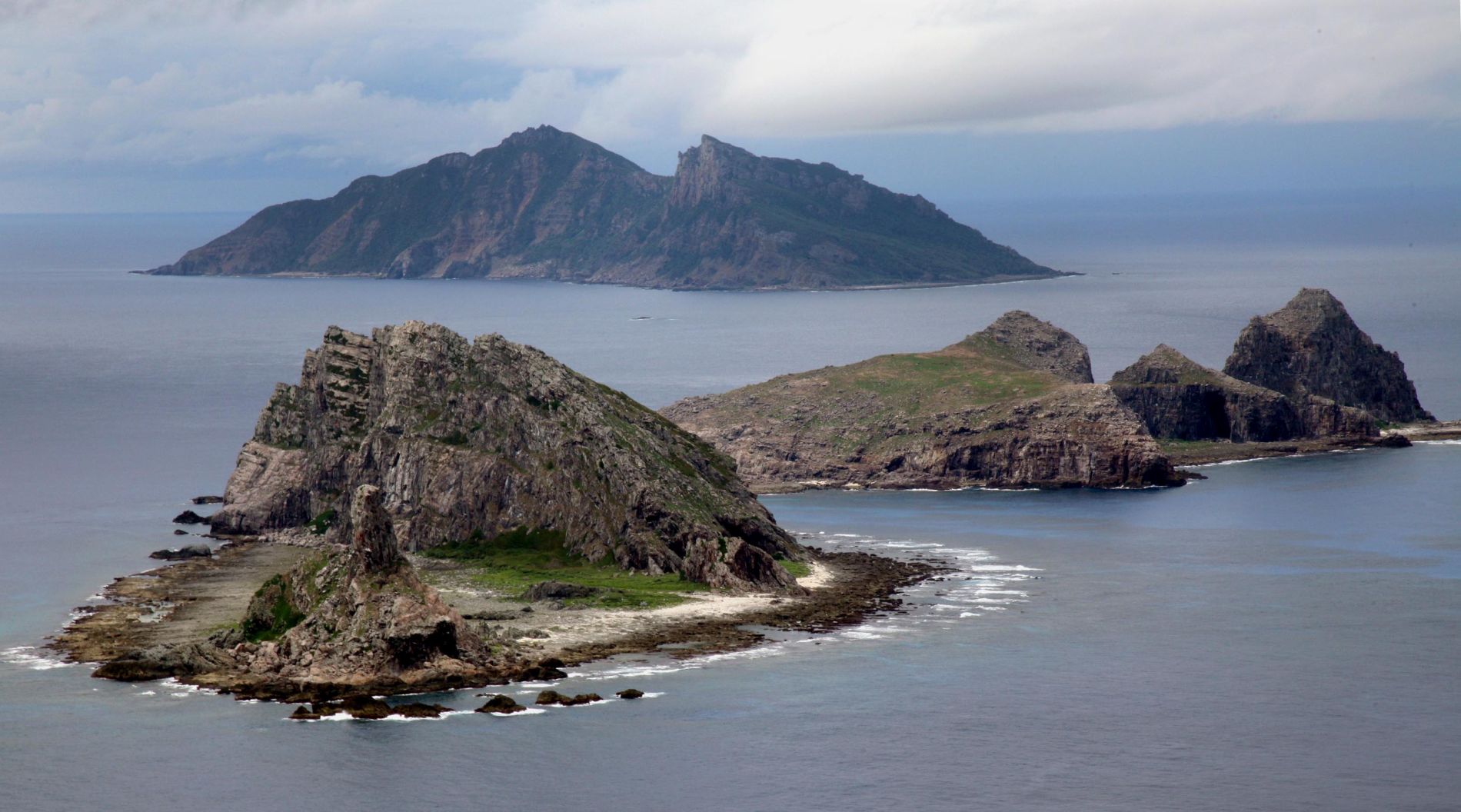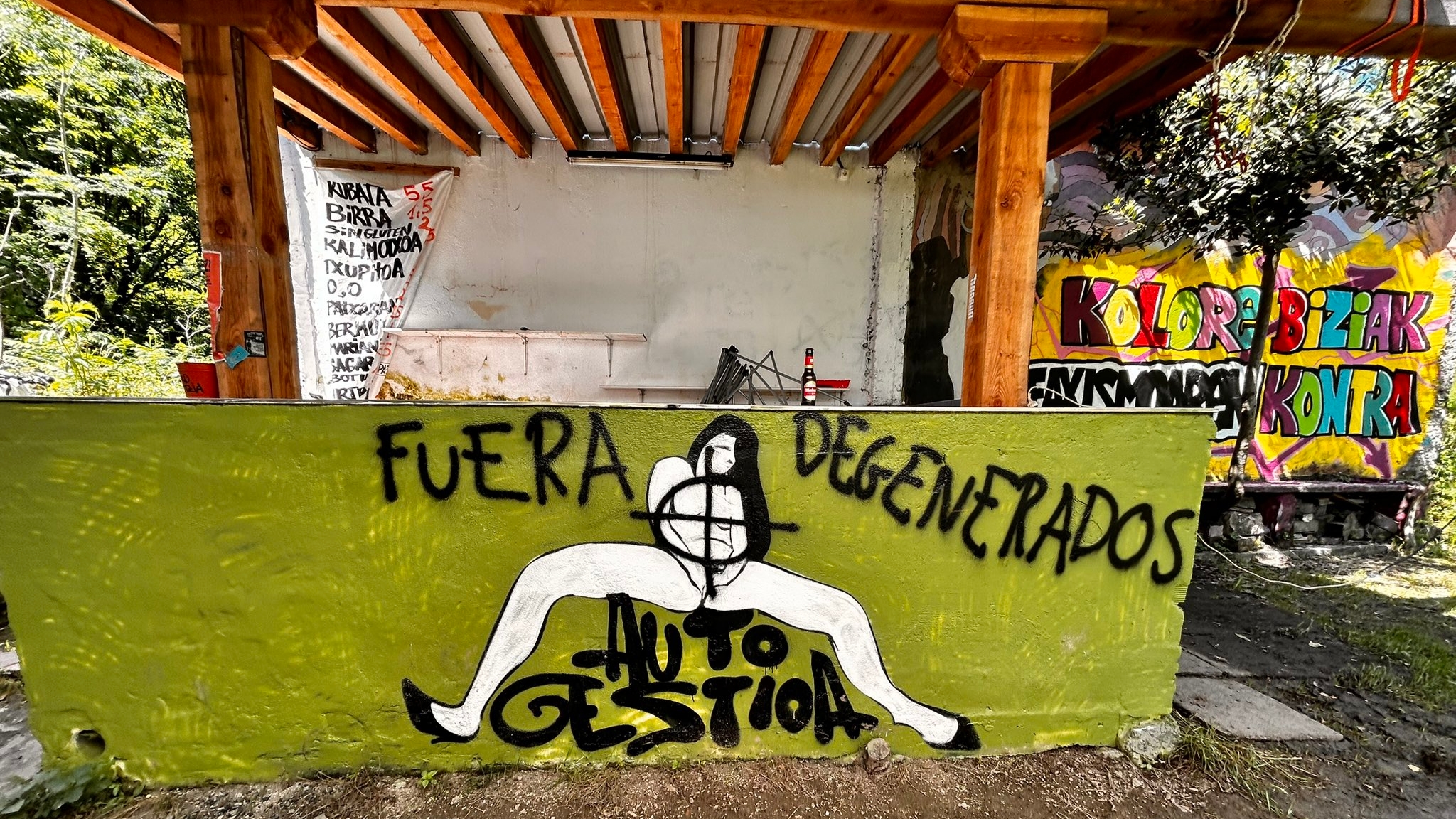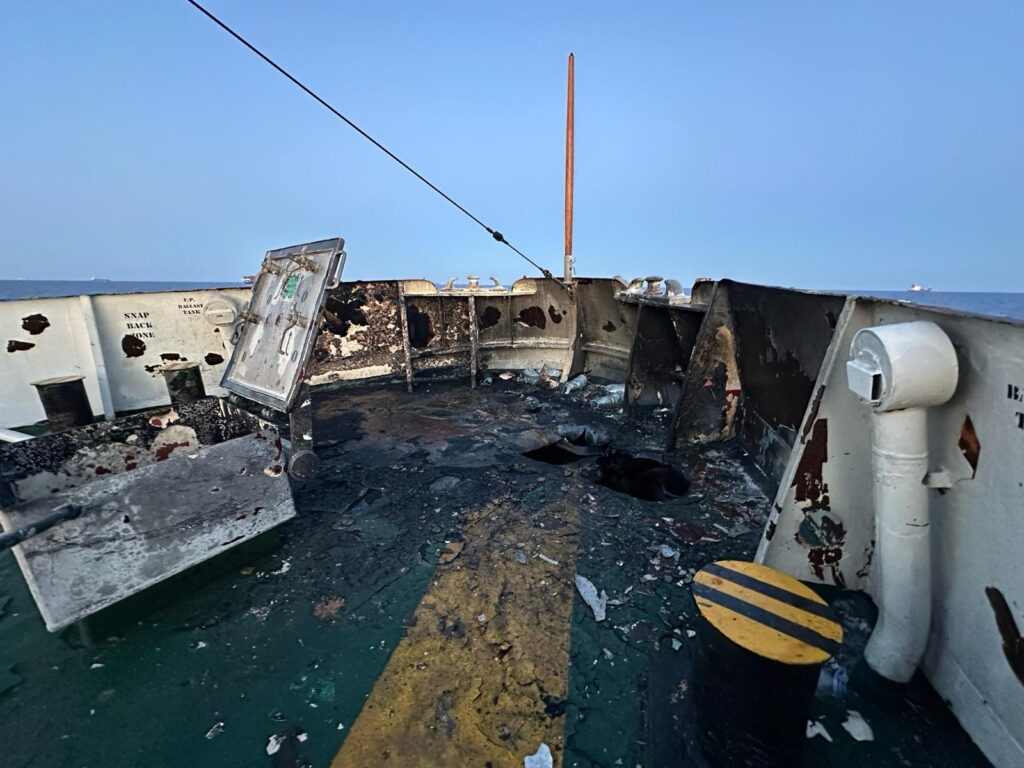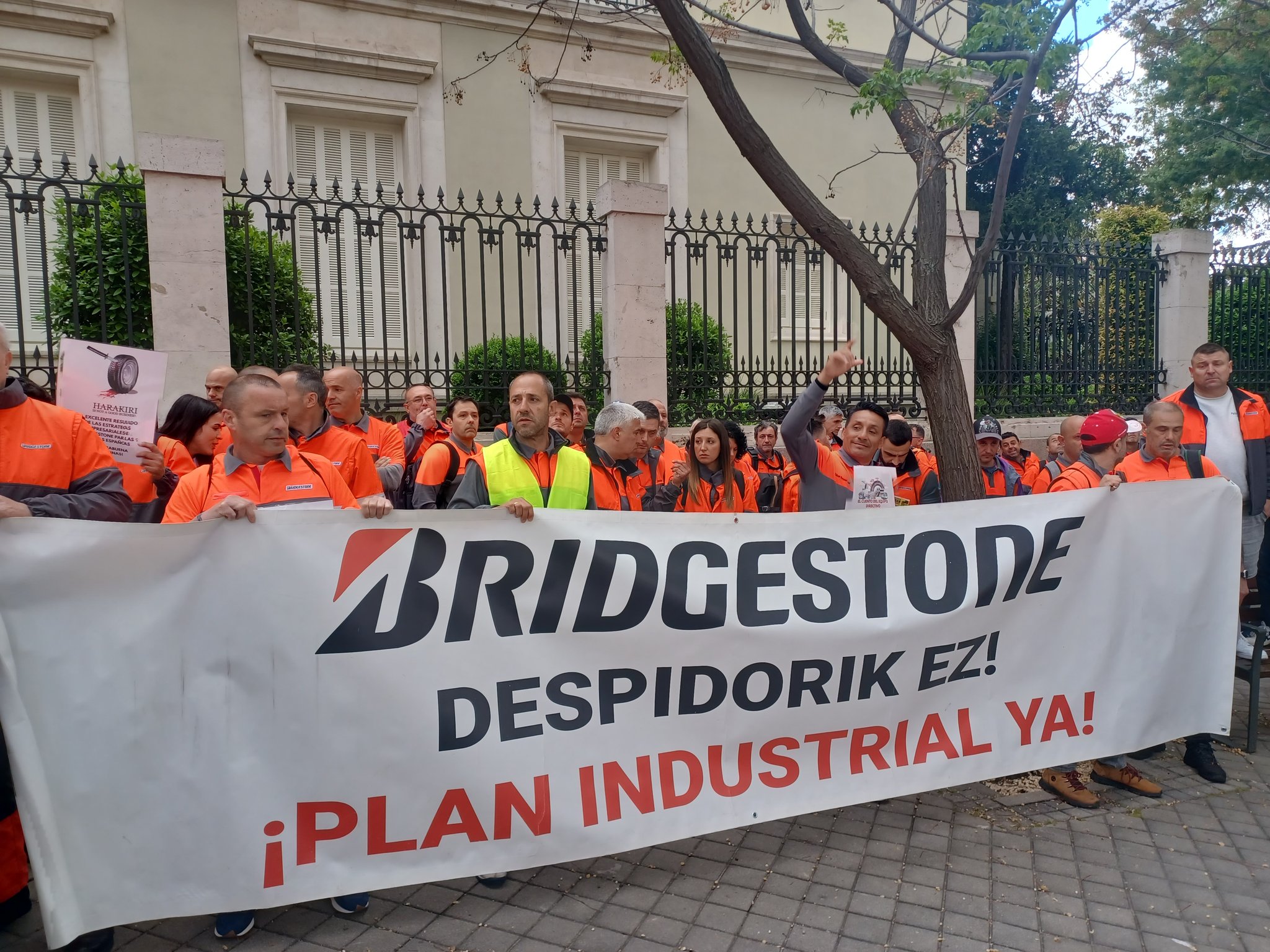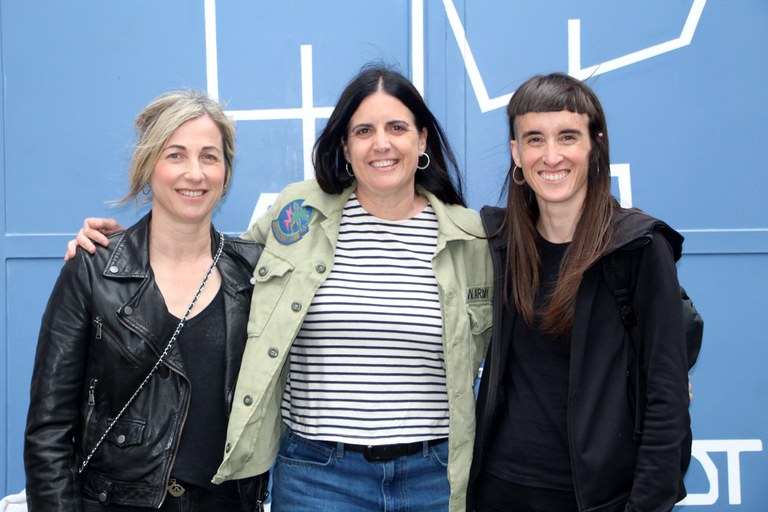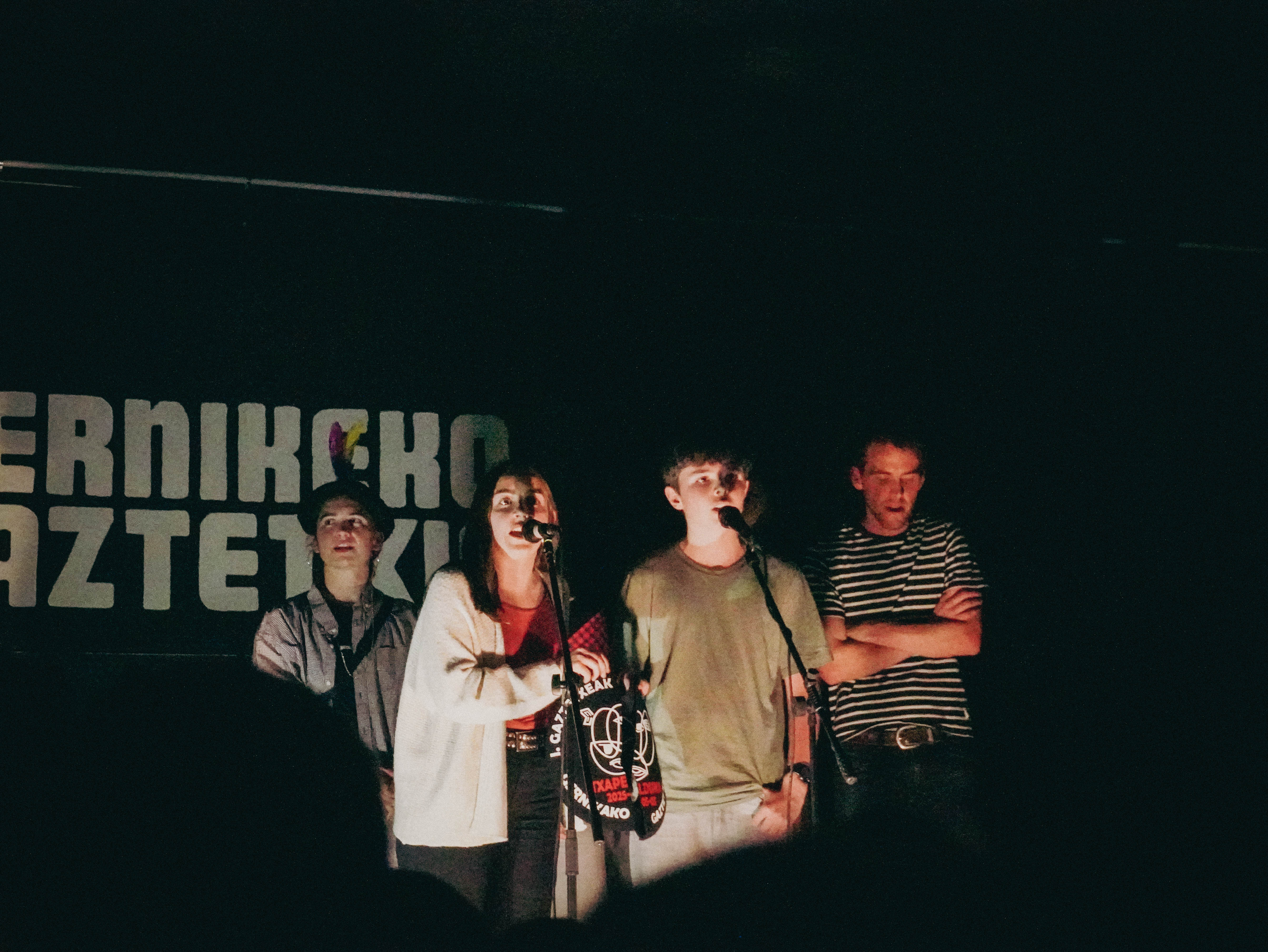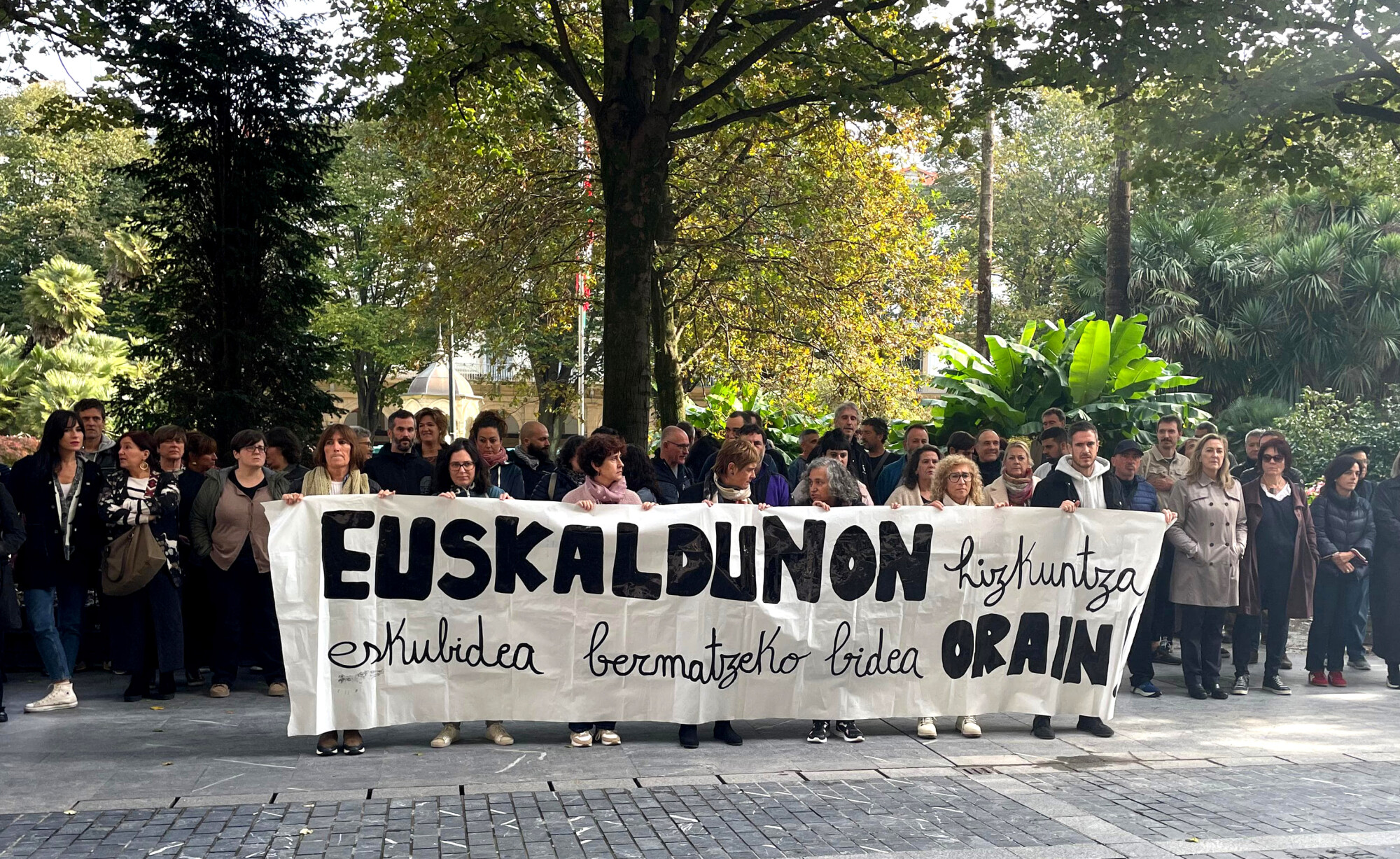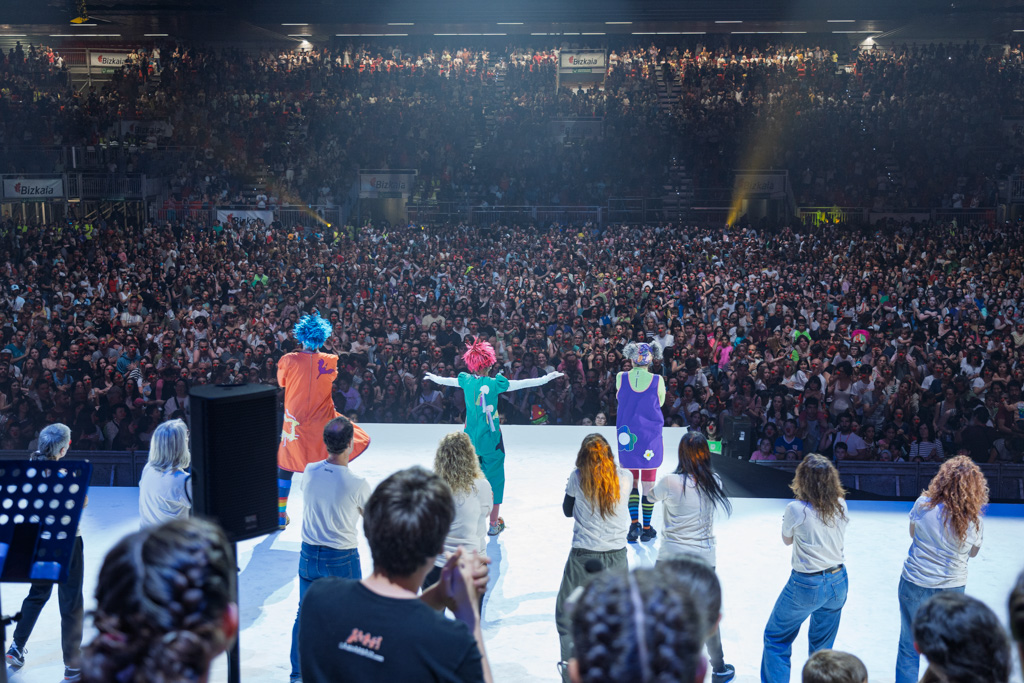Macron powder
- The social mobilization of these kids has spread throughout the French state, also in Iparralde, and the government's policy led by Macron is turning upside down. But there is now a risk that only the fundamental problem raised by these popular sectors will be tackled with repression.
The rebellion of these Warriors erupted in November. The protest, initially against the rise in fuel prices, soon gathered other demands: improving purchasing power, reducing taxes, resignation of Macron, changing the system... The French president described it as "great national debate" in his attempt to "reassure things". But the day after the end of the debate, on 16 March, some 10,000 yellow jackets appeared in Paris and there were “violent actions to break up shops, kiosks and shop windows.”
With the excuse of these "violent groups", Macron has responded by banning demonstrations in the most important places such as the Elysée Camp in Paris, the Pey-Berland Square in Bordeaux or the Capitol Square in Toulouse in Occitania. According to Macron, these are "criminal" acts in which the government has to be "strong". He owns the street and has chosen the path of repression to avoid the global impact of the social revolt.
Like any government president, Macron knows that the social conflict will be resolved through dialogue to resolve the demands. Taking the street, sending the mobilizations out of the main spaces and focusing the revolt on these “violent groups”, delaying the solutions, is to aggravate the situation and turn it into a powder keg. Repression is not the way.
“We rehearsed, we showed it to the boys, we were there when they needed help for the grill, but then we never danced in the square or even crossed our mind.” Oihane Auzmendi Iturbe (Legazpiia, 1977) is a dancer of the dance group Roots, but for years he did not have the... [+]











